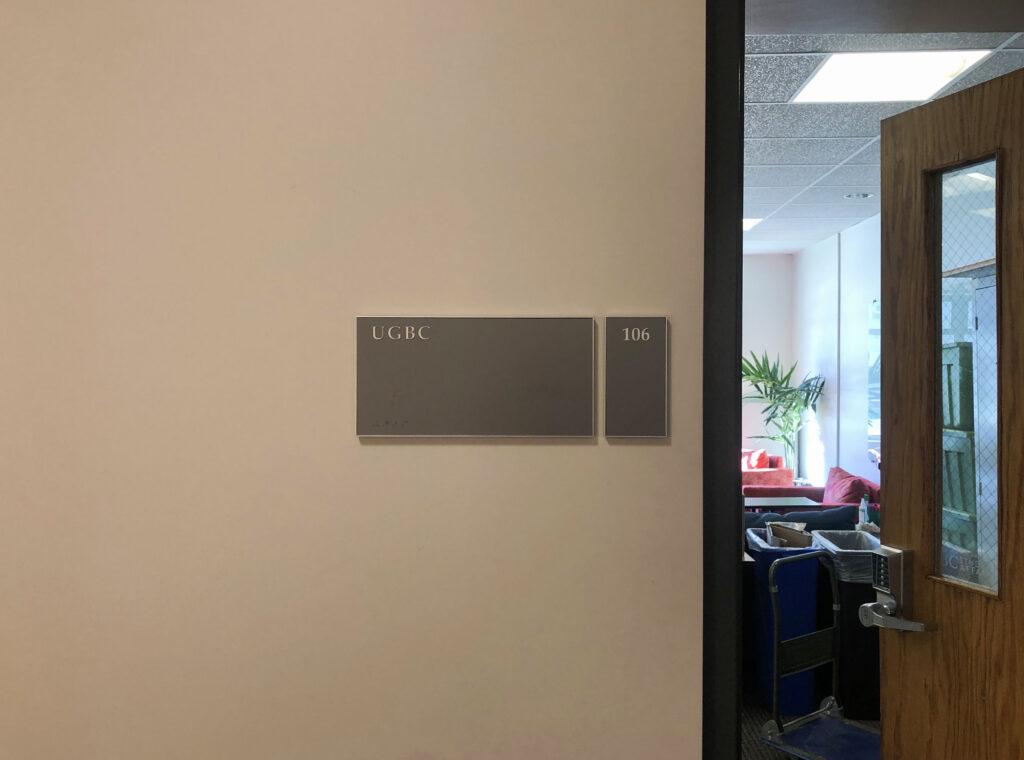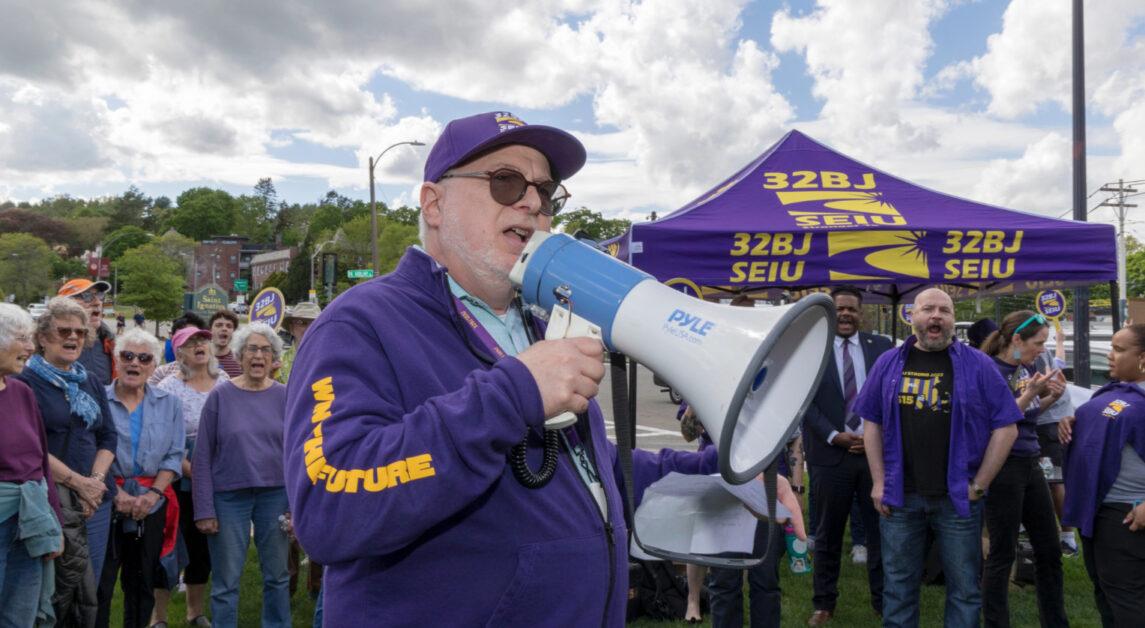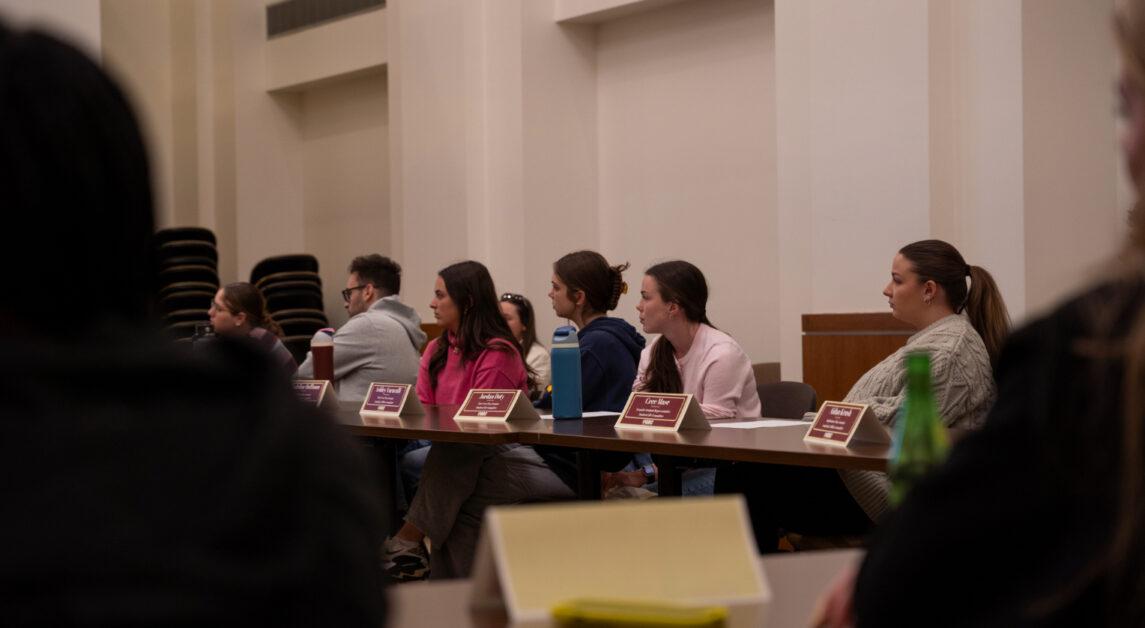The first resolution calls for the WGS program to submit a proposal for the creation of a major to the Morrissey College of Arts and Science’s Education Policy Committee, citing student interest.
The WGS program—which was created in 1983 as the University’s first interdisciplinary program—is currently offered as a minor for undergraduate students. Other interdisciplinary programs at BC, such as African and African Diaspora Studies, Environmental Studies, International Studies, and Islamic Civilizations and Societies, began as minors and were later expanded to majors.
“As a Jesuit university, we’re supposed to be committed to dialogue on identity, intersectionality, and inequality,” said Hollie Watts, sponsor of the resolution and MCAS ’21.
The resolution states that BC is lagging behind peer institutions, citing 11 universities that offer an equivalent to the WGS major, including Georgetown University, Northwestern University, and the University of Notre Dame.
Sharlene Hesse-Biber—director of the WGS program—believes that demonstrated student support is important in getting a proposal for the major passed, according to Watts.
Several SA representatives expressed concern for matters pertaining to curriculum and staffing for the major. The sponsors of the resolution responded that the role of UGBC is simply to express student interest in the major’sits creation.
“Of course there are things that we would have to fulfill and sort out down the road,” said co-sponsor and WGS minor Ivy DiBiase, MCAS ’22. “But this proposal in particular is just to assert student support and that students want this.”
Watts said the next steps are to present the UGBC resolution to both Hesse-Biber and the Educational Policy Committee in hopes that it passes before the summer, all while continuing to collect student input.
The second resolution passed at the meeting calls for the newly established Division of Environmental Sustainability to devote resources to aiding the Office of Transportation and Parking in their search for grants and funding to support BC’s transition to an electric bus fleet.
“I think this is a good first step in making sure that the new division is working to support current students and students that are going to come in the future,” said Dennis Wieboldt, SA president pro tempore and MCAS ’22.
The Office of Transportation and Parking at BC is interested in transitioning from biodiesel to electric campus busses, according to Jordan Nakash, sponsor of the resolution and MCAS ’24.
BC Transportation manager John Savino said the primary barrier is the cost of the electric busses, charging infrastructure, and maintenance, according to Nakash.
The passing of the resolution sets in place guidelines for what the Division of Environmental Sustainability—which will be directed by Ryan Bates, MCAS ’22—will focus its initiatives on throughout the 2020-21 academic year.
Nakash said she is interested in collaborating with other climate groups on campus to seek out grants and funding for the project.
“This could definitely be a campus-wide effort,” Nakash said.
Before adjourning the meeting, the SA passed a final resolution calling for UGBC to allocate funds for the purchase and installation of diaper decks on BC’s campus.
Max Montana, MCAS ’23, said he created and sent a proposal for the installation of restroom changing stations to BC administrators in October 2020, and although they liked the idea, they did not implement it due to concerns regarding funding and COVID-19.
“Tom Mogan suggested that I take it to UGBC, and so I did,” Montana said. “I feel that this would be a very helpful initiative for professors and graduate students who are often TAs, as well as staff at Boston College. I also think that this contributes well to BC’s cura personalis mission.”
UGBC will allocate money from its budget up front in order to execute the project, according to Doug Baker, sponsor of the resolution and MCAS ’22.
While some SA representatives questioned whether the initiative was the student government’s responsibility, others agreed that passing it would help to create a more inclusive and destigmatized campus environment.
“My mom raised three kids on campus,” said UGBC President-elect Jack Bracher, MCAS ’22. “I know she would have appreciated the accessibility.”
Featured Image by Vikrum Singh / Heights Editor







